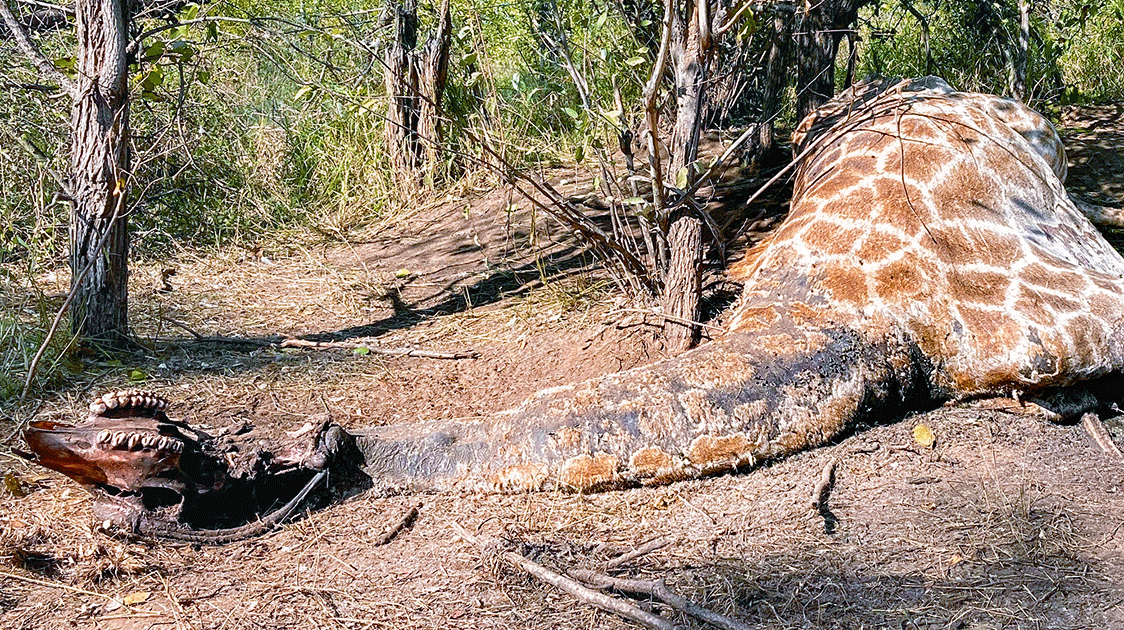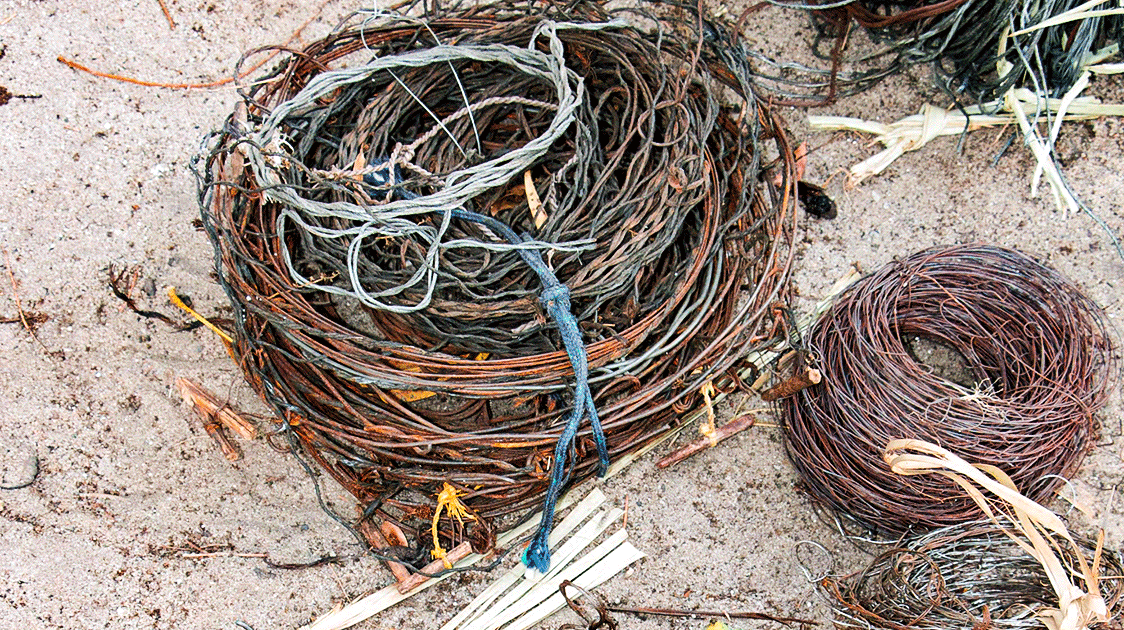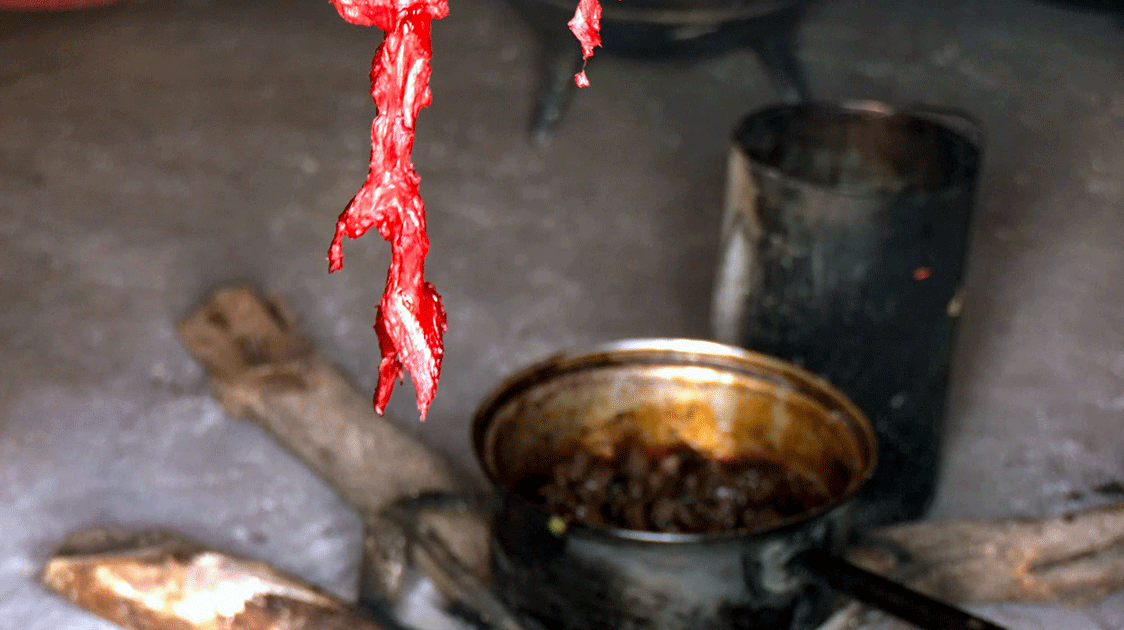The Challenges of Prosecuting Snare Poachers in South Africa

By Zig Mackintosh
One of the key takeaways from the Snare Mitigation Symposium held in Pretoria in September 2024 was the issue of the prosecution and sentencing of snare poachers in South Africa. High-profile cases of rhino horn and elephant ivory trafficking are headline-grabbing, but meat poaching using snares and dogs is probably a more serious issue.
The effects of snare poaching are staggering, and while anti-poaching operations are vital, the current laws and enforcement need to be examined.
Confusing Legislation
The National Environmental Management Biodiversity Act (NEMBA) 10 of 2004 with the Threatened or Protected Species (ToPS) Regulations prohibits snaring, but this only applies to species listed as threatened or protected.
The Animals Protection Act No 71 of 1962 (APA) is a national act superseding the provinces' ordinance that allows for snaring with a permit or under certain circumstances. Within the APA, several clauses can be used to prosecute snaring offences.
Within provincial legislation, hunting with snares is prohibited in all provinces of South Africa without a permit. However, legal definitions, terminology, and laws pertaining to snaring vary between provinces.
This inconsistency confuses and opens region-specific loopholes permitting the use of snares under certain circumstances.

At the symposium, it was suggested that a single national legal definition and a clear, overarching legislative framework be established that states snaring is illegal.
Within this framework, caveats that enable snaring as a legal form of hunting or trapping should be abolished.
Complications
Few snaring cases are reported to the South African Police Service (SAPS), and fewer are processed through the courts due to difficulties in evidence gathering that accurately implicates guilty parties and the use of minors (who cannot be charged) to set snares.
Prosecution and investigations are complicated.
Practically, it is difficult to apprehend someone possessing snares unless further evidence is available. Forensic traces of snaring (e.g. tools used, materials used, snare characteristics, DNA, fingerprints, tracks) can be used to improve evidence collection and have greater applicability on younger snares and at contact points on the snare.
Leniency Towards Poachers
When cases go to court, it is often an extended legal process that frequently leads to poor or 'soft' penalties.
Most poachers come from impoverished backgrounds, and their actions are often framed as a means of survival rather than a criminal act. In truth, most snare poaching is commercial.

While poverty and lack of economic opportunity are undeniable realities in many rural communities, the perception that poaching is an act of desperation has led to courts handing down minimal sentences or dismissing cases altogether.
This leniency, while rooted in compassion, undermines efforts to curb poaching. The justice system sends a message that poaching is a low-risk activity by failing to impose meaningful penalties.
This emboldens current poachers and fails to deter others from considering engaging in similar activities. Sometimes, poachers are caught and prosecuted multiple times, only to return to the field shortly after serving minimal jail time or paying a small fine.
Deflating the Morale of Anti-Poaching Teams
The lack of significant legal consequences for poachers has a demoralizing effect on anti-poaching teams that work diligently under difficult and sometimes dangerous conditions to apprehend poachers and remove snares.
When the courts fail to impose meaningful sentences, it creates a sense of futility among these teams. Why risk their lives and invest countless hours if the justice system appears indifferent to their work?
This erosion of morale can lead to burnout, decreased effectiveness, and, ultimately, reduced wildlife protection.
The problem of prosecuting snare poachers in South Africa is emblematic of the broader challenges facing wildlife conservation across Africa.
While poverty and economic inequality must be addressed, leniency toward poachers risks undermining conservation efforts and demoralizing anti-poaching initiatives.
By strengthening legal frameworks, investing in community-based conservation, and supporting anti-poaching teams, the root causes of snare poaching can be tackled.
Zimbabwean native Zig Mackintosh has been involved in wildlife conservation and filmmaking for 40 years. Over the years, he has traveled to more than 30 countries, documenting various aspects of wildlife conservation. Sustainable use of natural resources as an essential conservation tool is the fundamental theme in the film productions he is associated with.




